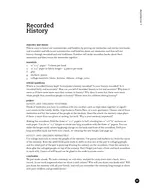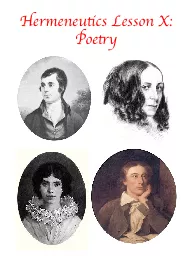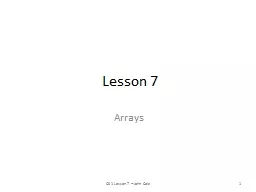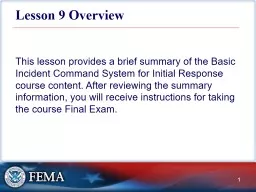PPT-Hermeneutics Lesson XI:
Author : tawny-fly | Published Date : 2016-07-24
Wisdom Literature What is wisdom Wisdom may be defined in a variety of ways common sense insight application of theoretical knowledge to practical problems making
Presentation Embed Code
Download Presentation
Download Presentation The PPT/PDF document "Hermeneutics Lesson XI:" is the property of its rightful owner. Permission is granted to download and print the materials on this website for personal, non-commercial use only, and to display it on your personal computer provided you do not modify the materials and that you retain all copyright notices contained in the materials. By downloading content from our website, you accept the terms of this agreement.
Hermeneutics Lesson XI:: Transcript
Download Rules Of Document
"Hermeneutics Lesson XI:"The content belongs to its owner. You may download and print it for personal use, without modification, and keep all copyright notices. By downloading, you agree to these terms.
Related Documents














